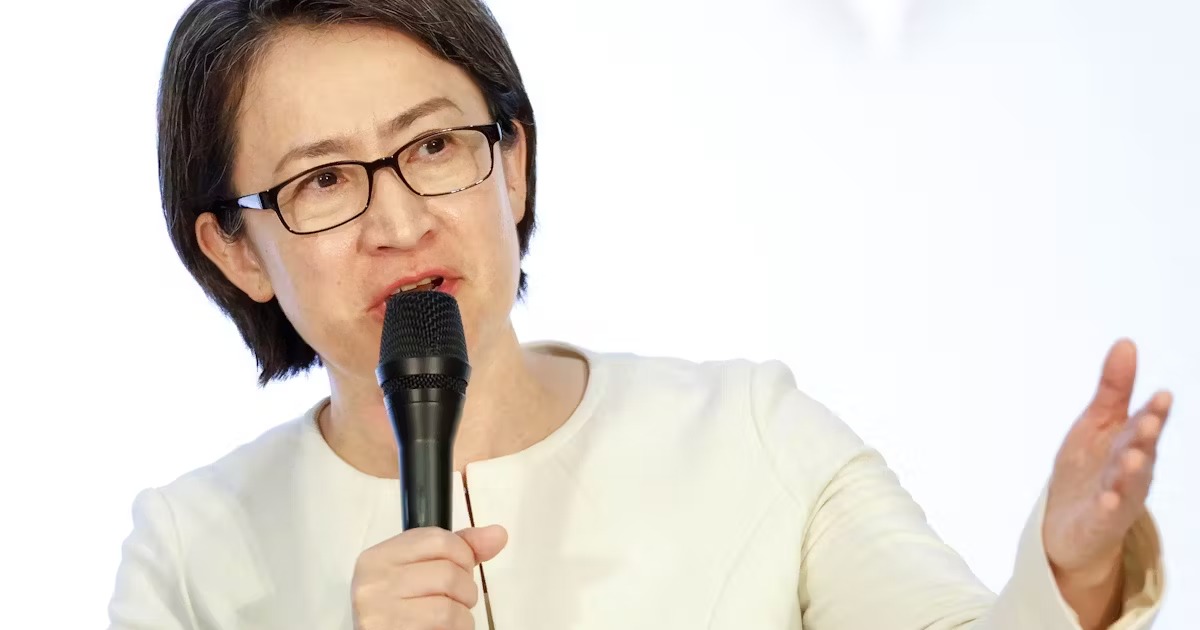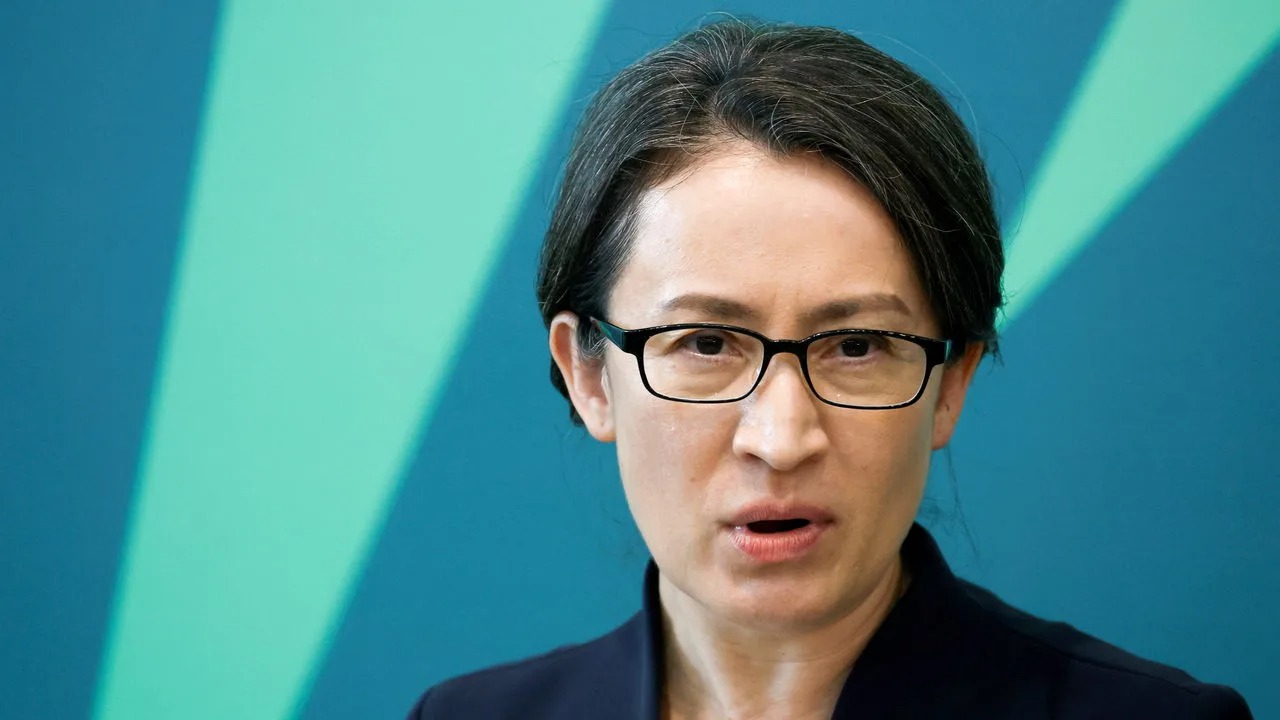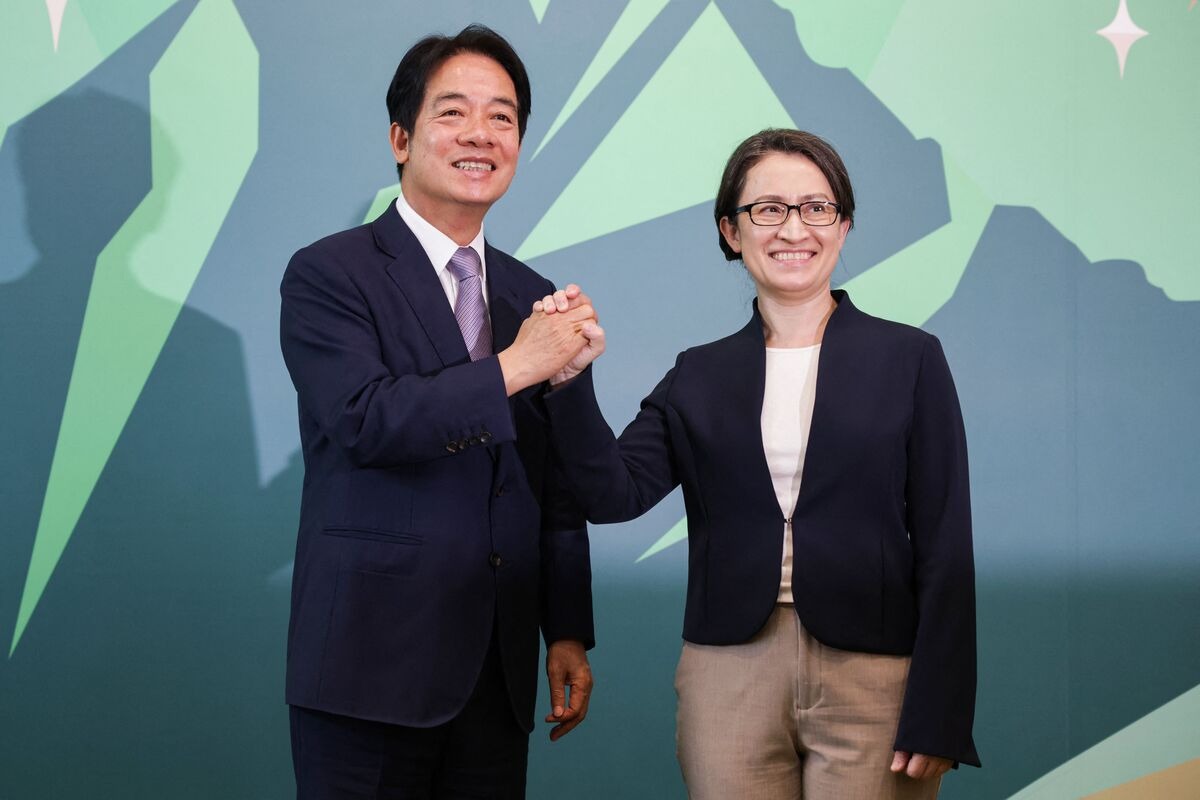Taiwan’s vice-president-elect Hsiao Bi-khim is visiting the United States on a “personal” trip, causing tension with Beijing. Hsiao, a former de facto ambassador to Washington, will be sworn in as vice-president in May and is a member of the independence-leaning Democratic Progressive Party (DPP).
Beijing strongly opposes Hsiao’s visit, calling her a “diehard ‘Taiwan independence’ separatist.” The Chinese embassy in Washington has urged the US to refrain from arranging any official meetings with Hsiao.

Vice President-elect of Taiwan (Credits: SaltWire)
Hsiao has been sanctioned twice by Beijing for allegedly “colluding with the US” and “provoking confrontation” between Taiwan and mainland China. Her selection as the running mate for president-elect William Lai Ching-te was criticized by Beijing as a “union of separatists.”
Despite the controversy, Hsiao’s visit to the US has been low-key compared to Lai’s previous visit in 2020. Both Taiwan’s presidential office and foreign ministry have claimed they had no prior knowledge of Hsiao’s trip, suggesting it was arranged in a personal capacity.

Taiwan Vice-President-Elect (Credits: The Economist)
A US State Department official confirmed Hsiao’s visit, stating that she was in Washington for a few days to attend to personal matters. The official did not disclose whether Hsiao would meet with any US officials during her visit.
Hsiao’s trip is seen as an opportunity to discuss Taiwan’s cross-strait policy with US officials, particularly in light of concerns raised by Lai’s previous statements on Taiwan independence. Hsiao is also reportedly planning to visit several European capitals after her US trip.
Beijing has expressed strong opposition to Taiwan’s recent election results and views Taiwan as a part of its territory that must be reunited with the mainland, even if by force. The US, while not recognizing Taiwan as independent, is committed to arming the island and opposes any forcible change to the status quo.























